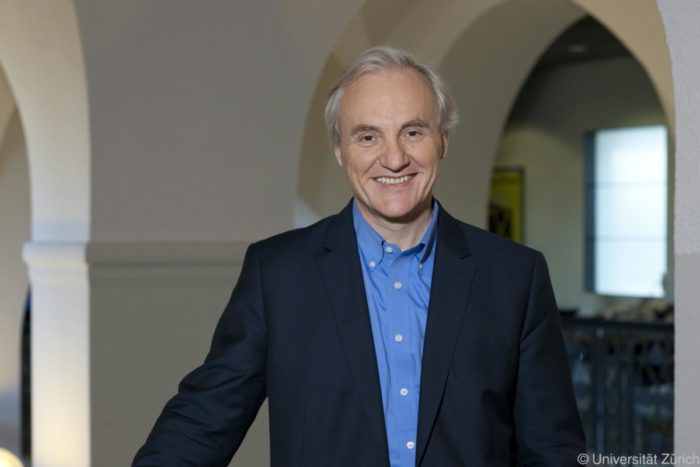1999: Fehr & Schmidt introduced A Theory of Fairness, Competition, and Cooperation
When this work was published most economic models routinely assumed that material self-interest is the sole motivation of all people engaging in economic activities. In such models fairness considerations or preferences for cooperation don’t play a role when researchers analyze the outcome of economic interactions. However, there is evidence suggesting that some people care about fairness or have a preference for cooperation.

When this work was published most economic models routinely assumed that material self-interest is the sole motivation of all people engaging in economic activities. In such models fairness considerations or preferences for cooperation don’t play a role when researchers analyze the outcome of economic interactions. However, there is evidence suggesting that some people care about fairness or have a preference for cooperation.
The authors show in this widely renowned paper that the presence of such heterogeneous preferences has important implications on the outcome of economic interactions. Under certain conditions cooperative people can even force selfish people to act cooperatively. Behavioral economists have continued to research on this topic and gathered a variety of additional insights which today help us to fix such apparently difficult problems as changing corporate cultures for the good.
About Ernst Fehr
Ernst Fehr is an Austrian-Swiss behavioral economist and neuro-economist and a Professor of Microeconomics and Experimental Economic Research, as well as the vice chairman of the Department of Economics at the University of Zürich, Switzerland.
References and further reading:
- Fehr, Ernst and Schmidt, Klaus M.: https://www.zora.uzh.ch/id/eprint/51823/
- Fehr, Ernst and Gächter, Simon: https://www.zora.uzh.ch/id/eprint/51828/
- Fehr, Ernst: https://www.zora.uzh.ch/id/eprint/158065/
- Wikipedia: https://en.wikipedia.org/wiki/Ernst_Fehr


Please Note:
You may use one of these HTML tags and attributes: <a href="" title=""> <abbr title=""> <acronym title=""> <b> <blockquote cite=""> <cite> <code> <del datetime=""> <em> <i> <q cite=""> <s> <strike> <strong>